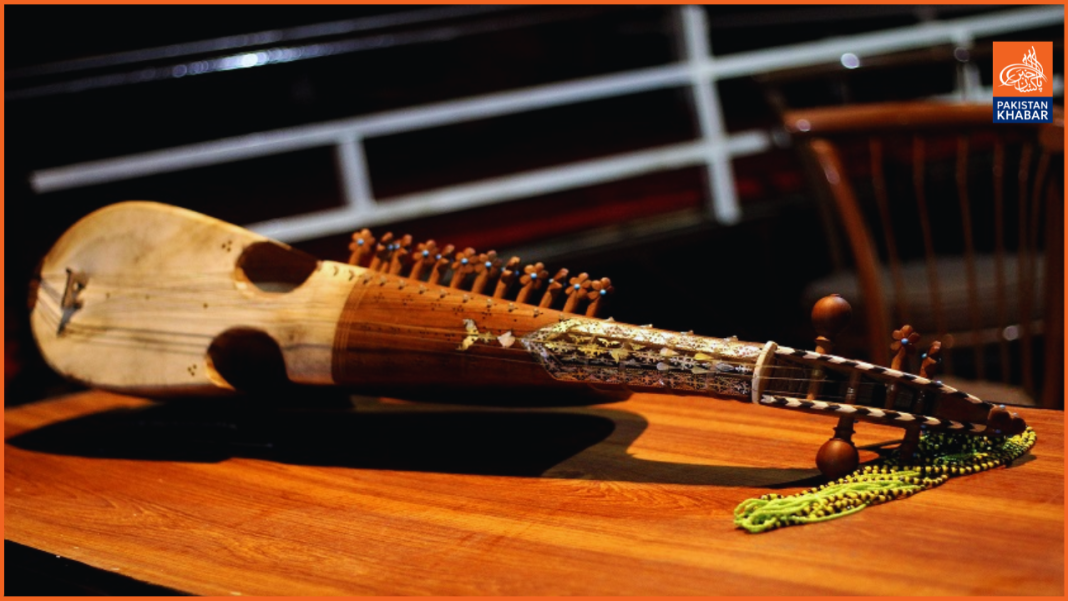Wood shavings covered the floor of Sakhi’s small workshop in Herat, Afghanistan, as he meticulously shaped another rubab, the national instrument of his homeland.
For decades, Sakhi has crafted two rubabs a month, and despite the Taliban’s crackdown on music in Afghanistan, he refuses to stop. “I know only this work, and I need to make money somehow,” Sakhi explained, surrounded by rubabs in various stages of completion.
However, beyond earning a living, what matters most to him is the “cultural value” of his work. “The value of this work for me is… the heritage it holds. The heritage must not be lost,” he said.
The UN agency UNESCO agrees, recognizing the art of crafting and playing the rubab as intangible cultural heritage in Afghanistan, Iran, Tajikistan, and Uzbekistan in December.
Made from dried mulberry wood and often inlaid with mother-of-pearl, the rubab is one of the oldest instruments in the region, its distinct sound resonating through millennia. But this rich heritage is now at risk in Afghanistan, where the Taliban’s strict interpretation of Islamic law has led to a near-total ban on music.
Since the Taliban regained control in 2021, they have prohibited music in public, including live performances, playing songs in restaurants, cars, and on the radio and TV. Music schools have been closed, and musical instruments and sound systems have been destroyed.




